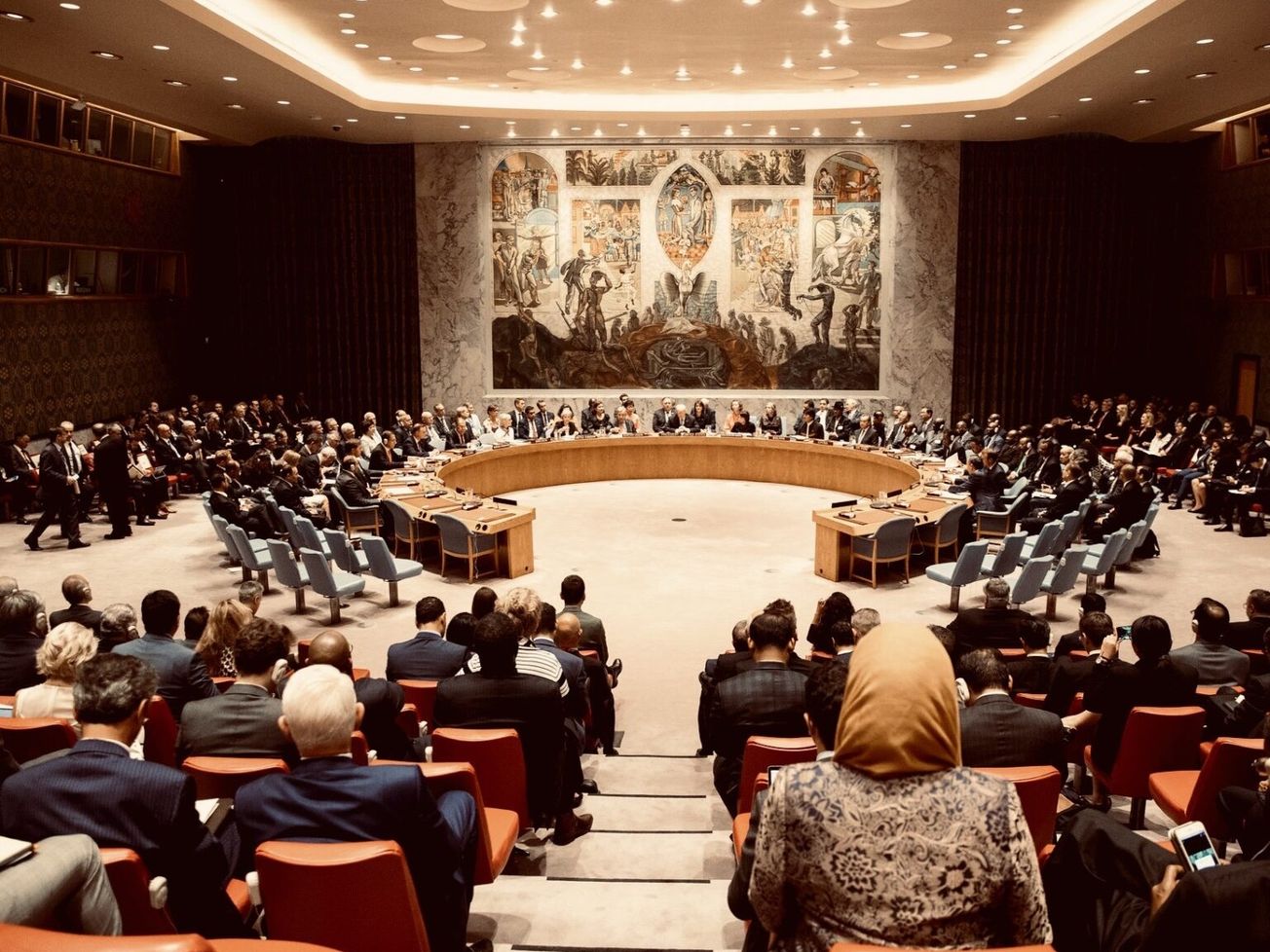UNITED NATIONS (AN) — Kenya won election to the 15-nation U.N. Security Council on Thursday, joining with India, Ireland, Mexico and Norway in gaining a non-permanent seat on the most powerful arm of the world body.
With the African Union's backing, Kenya garnered 129 votes in a second round of balloting by the 193-member U.N. General Assembly in New York, or one more than the 128 votes needed for the required two-thirds majority approval.









